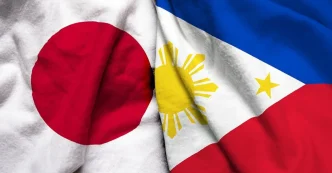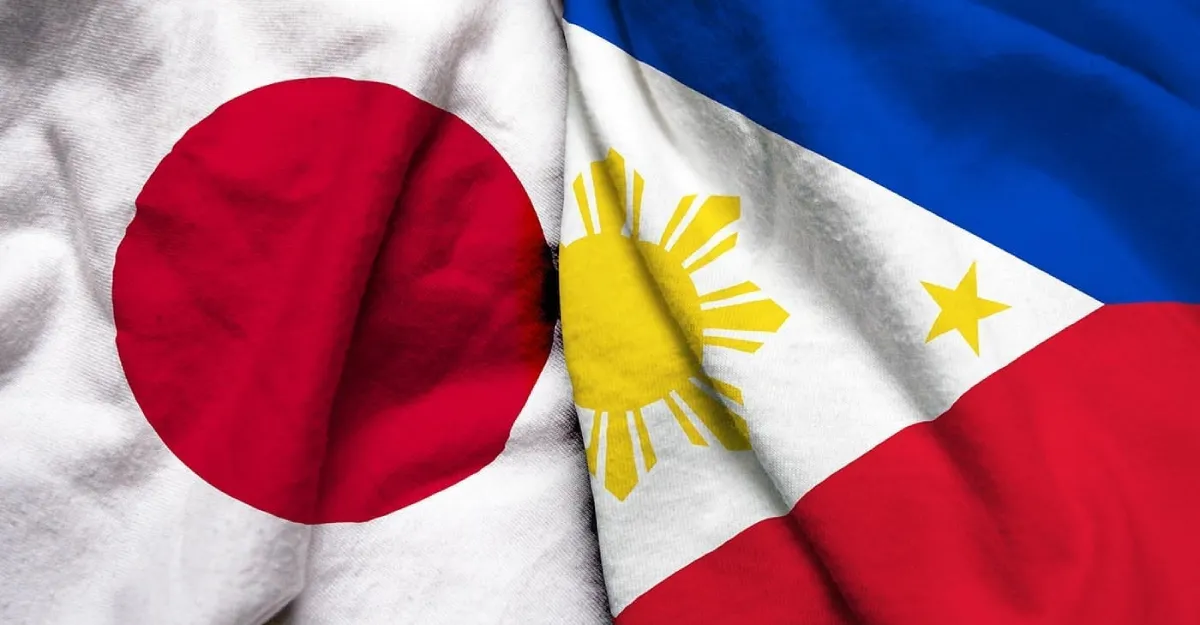Manila’s diplomatic outreach has yielded fresh economic promises as President Ferdinand Marcos Jr. returns from a high-profile visit to Japan, touting job creation and investment opportunities. The trip, part of a broader push to strengthen ties with key Asian partners, comes at a critical juncture for the Philippines, where ambitious economic reforms are underway but public trust in political institutions remains fragile amid concerns over disinformation.
Japan Visit: A Boost for Jobs and Investments
President Marcos heralded the outcomes of his recent visit to Japan as a significant step forward for the Philippine economy. Speaking to the press upon his return, he emphasized secured commitments for infrastructure projects and trade partnerships. “We have opened doors for thousands of jobs for Filipinos and strengthened our economic ties with Japan” said Marcos, highlighting the potential for growth in sectors like manufacturing and technology.
While specific figures remain undisclosed pending formal agreements, government sources suggest the deals could involve Japanese firms investing in renewable energy and urban development projects. This aligns with Manila’s broader strategy to attract foreign direct investment (FDI) to bolster post-pandemic recovery. Japan, a long-standing economic ally, has historically been a major investor in the Philippines, with bilateral trade valued at over US$20 billion annually in recent years. The latest commitments, if finalized, could further cement this relationship.
However, analysts caution that translating these promises into tangible outcomes will require overcoming bureaucratic hurdles and ensuring transparency in contract allocations. Past foreign investment deals in the Philippines have faced criticism over delays and allegations of mismanagement, raising questions about the government’s capacity to deliver on Marcos’s optimistic rhetoric.
Economic Reforms: A Game-Changer on Paper
Parallel to the Japan visit, the Marcos administration is pressing forward with sweeping economic reforms aimed at modernizing the country’s fiscal and trade frameworks. Key among these is the proposed amendment to the 1987 Constitution’s economic provisions, which currently restrict foreign ownership in critical sectors like public utilities and land. Proponents argue that easing these limits could unlock up to US$10 billion in FDI over the next decade, positioning the Philippines as a competitive hub in Southeast Asia.
The reforms also include tax incentives for multinational corporations and streamlined regulations for small and medium enterprises (SMEs), which account for nearly 99% of businesses in the country. Finance Secretary Benjamin Diokno has described the package as “game-changing,” projecting GDP growth of 6-7% annually if fully implemented. “This is about creating an environment where both local and foreign investors can thrive” said Diokno during a recent briefing.
Yet, the path to reform is fraught with challenges. Opposition lawmakers and civil society groups have expressed concerns that liberalizing foreign ownership could exacerbate inequality and undermine national sovereignty. Public consultations on the constitutional amendments have revealed deep divisions, with some stakeholders warning of a potential “sell-out” to foreign interests. If these reforms are to succeed, the government must navigate a delicate balance between economic liberalization and safeguarding Filipino interests.
Disinformation: A Persistent Threat to Political Trust
Amid these economic developments, a more insidious challenge looms over the Marcos administration: the pervasive issue of disinformation. A recent survey by a Manila-based research institute found that a significant portion of Filipinos view politicians as the primary source of false information, eroding trust in governance at a time when public support is crucial for reforms. The study, which polled over 2,000 respondents, revealed that social media platforms are the main conduits for misleading narratives, often amplified by paid trolls and bots.
This perception is particularly troubling given the Philippines’ history of political polarization. The 2022 election that brought Marcos to power was marred by allegations of online manipulation, with critics pointing to coordinated efforts to reshape public opinion through fabricated stories and doctored images. While the administration has denied involvement in such tactics, the lingering skepticism among citizens poses a barrier to rallying support for its economic agenda.
Experts warn that disinformation could undermine the government’s ability to communicate policy effectively. “When people don’t trust what they hear from leaders, even well-intentioned reforms can be met with suspicion” said Maria Reyes, a political analyst at the University of the Philippines. The government has pledged to combat fake news through legislation and public awareness campaigns, but progress remains slow, and critics argue that such measures risk curtailing free speech if not carefully designed.
Regional Context: Balancing Diplomacy and Domestic Priorities
Marcos’s Japan visit must also be viewed through the lens of regional geopolitics. The Philippines sits at a strategic crossroads in the Indo-Pacific, where tensions over the South China Sea and economic competition with China shape diplomatic engagements. Strengthening ties with Japan, a key US ally, signals Manila’s intent to diversify its partnerships beyond traditional reliance on Washington, while also countering Beijing’s growing influence in the region.
Japan’s interest in the Philippines extends beyond economics to shared security concerns. Both nations have expressed unease over China’s maritime assertiveness, and discussions during Marcos’s visit reportedly included frameworks for joint military exercises and defense cooperation. While no formal agreements were announced, such talks underscore the broader strategic dimensions of the bilateral relationship.
At home, however, the government faces pressure to prioritize domestic issues over foreign policy wins. With inflation hovering around 6% and unemployment affecting millions, many Filipinos are more focused on immediate economic relief than long-term diplomatic gains. Public sentiment, as reflected in recent X posts, reveals a mix of cautious optimism about the Japan deals and frustration over persistent cost-of-living challenges.
Economic and Political Crossroads
The Marcos administration’s dual focus on international partnerships and domestic reforms reflects an ambitious vision for the Philippines’ future. The economic commitments secured in Japan, if realized, could provide a much-needed boost to job creation and infrastructure development. Meanwhile, proposed reforms to open up the economy hold the promise of sustained growth, positioning the country as a regional contender.
Yet, these opportunities are tempered by significant risks. The specter of disinformation threatens to derail public support, while opposition to constitutional changes highlights deep-seated concerns about equity and sovereignty. For Marcos, success will depend on not only sealing deals abroad but also rebuilding trust at home—a task that may prove far more complex than any trade agreement.
As the Philippines charts its course through these intertwined challenges, the coming months will test the administration’s ability to deliver on its promises. Will the economic gains from Japan materialize into concrete benefits for ordinary Filipinos? And can the government overcome the mistrust fueled by disinformation to unite the nation behind its reform agenda? These questions linger as Manila navigates a pivotal moment in its modern history.
















